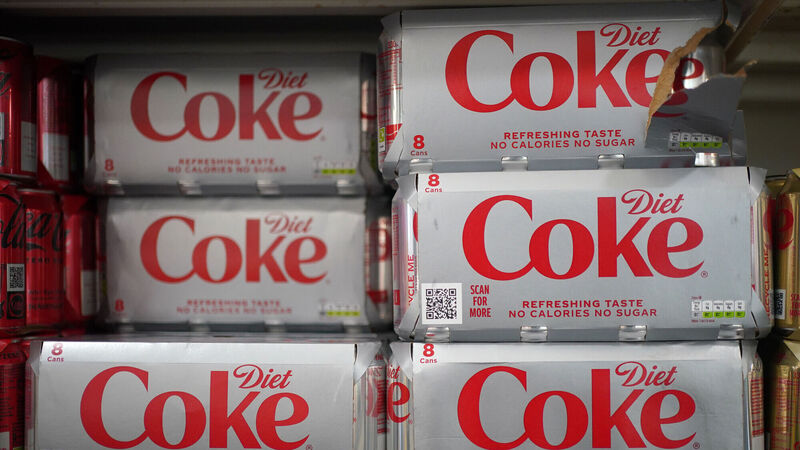What is aspartame, the 'possible carcinogen' in diet fizzy drinks, sugar-free juices?

Cans of Diet Coke in a supermarket, as an artificial sweetener commonly used in thousands of products including diet fizzy drinks, ice cream and chewing gum is to be listed as posing a possible cancer risk to humans, according to reports. Picture: Yui Mok/PA Wire
Aspartame, a popular artificial sweetener found in Diet Coke, chewing gum, yoghurt and other food products, is set to be declared a possible carcinogen next month by a World Health Organization arm, it was reported on Thursday.











